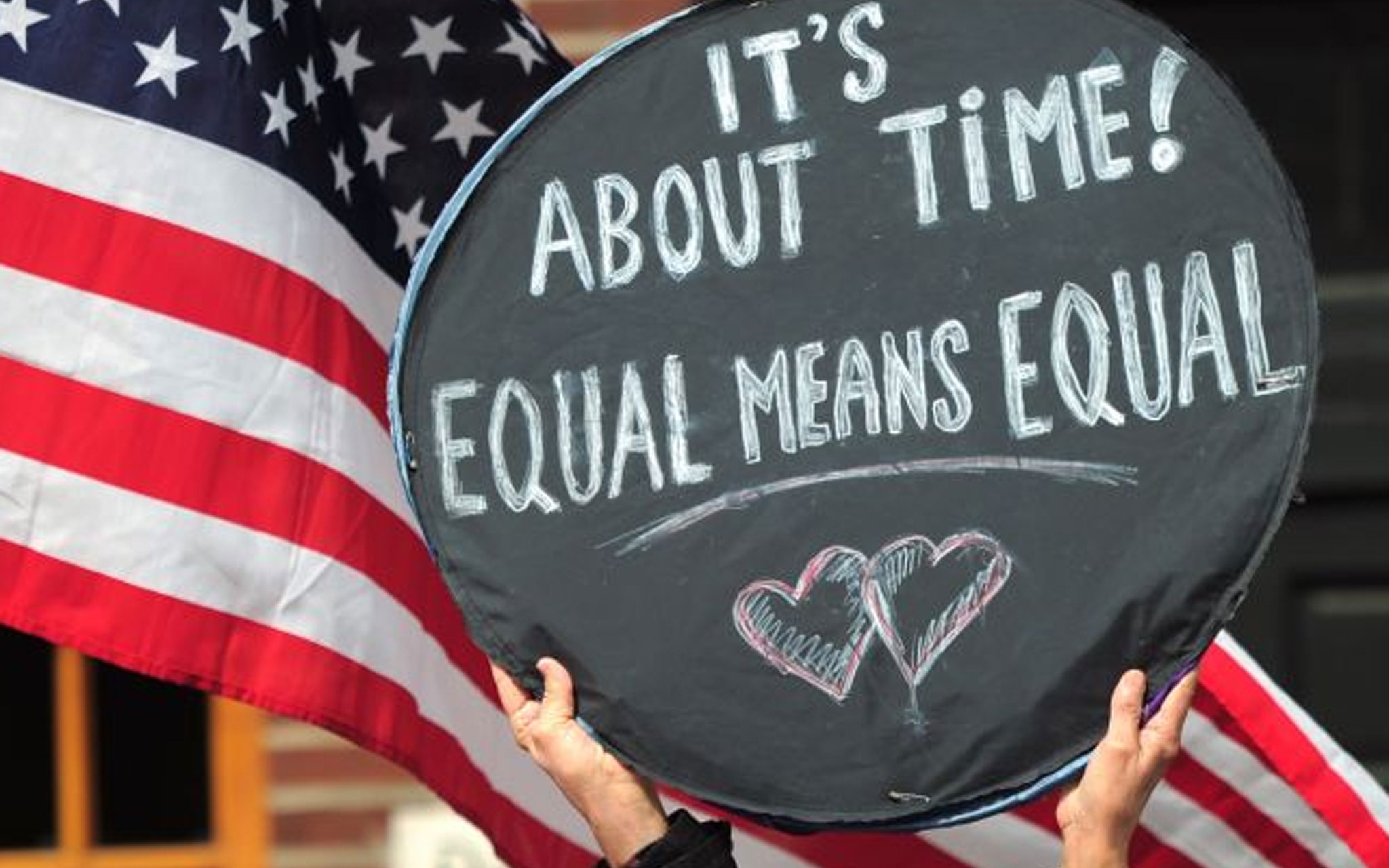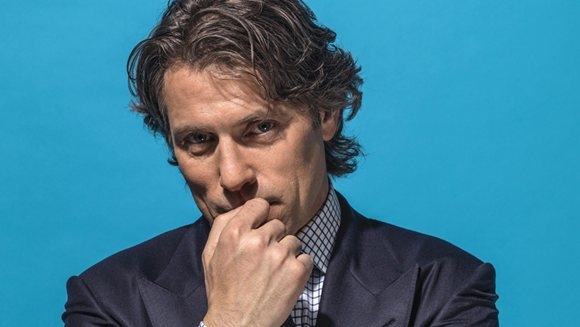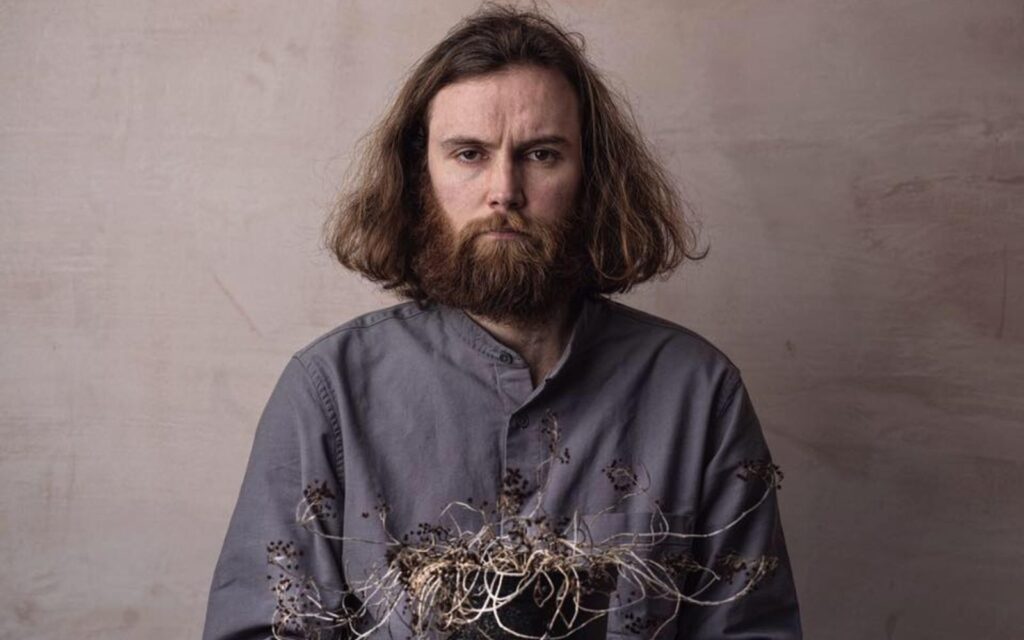On Friday night, I was in a bar in Collingwood as the clock neared midnight when I heard the news that the Supreme Court had handed down the decision which would make same sex marriage legal in all 50 states of the United States. The next morning, when I saw my brother (who incidentally is straight) I found myself bursting into tears overcome with emotion for something happening on the other side of the world.
In the end its hard to believe that the 5-4 decision ended up hinging on the conscience of one man. While four Supreme Court justices continued to rally against same sex marriage, five Supreme Court justices led by Justice Kennedy found that the Fourteenth Amendment – the same due process amendment which guarantees equal treatment under the law and thus was invoked to desegregate schools and declare interracial marriage legal – protects the right of same sex couples to marry, and therefore found that bans on same sex marriage in 35 US states are unconstitutional.
As Kennedy wrote: “No union is more profound than marriage, for it embodies the highest ideals of love, fidelity, devotion, sacrifice, and family,” he wrote. “In forming a marital union, two people become something greater than once they were. It would misunderstand these men and women to say they disrespect the idea of marriage. Their plea is that they do respect it, respect it so deeply that they seek to find its fulfilment for themselves. Their hope is not to be condemned to live in loneliness, excluded from one of civilization’s oldest institutions. They ask for equal dignity in the eyes of the law. The Constitution grants them that right.”
I first wrote about same sex marriage back 11 years ago back in 2004, then Prime Minister John Howard was yet to even pass the legislation that would enshrine in our Marriage Act the definition of marriage as a union between a man and a woman. Before that moment, the definition of marriage had always been a matter of common law, and so might have been open to evolving and being reinterpreted by own our High Court, as then Family Court Chief Justice Alistair Nicholson argued at the time.
What Howard did then was a mean-spirited move to pre-empt a court decision that might have extended marriage equality to Australians years before our parliament was willing to do so.
Back then, I never really believed I would see the tide of social change shift so dramatically in such a short space of time. For me, and for many gay and lesbian people coming out, the sense that you were excluded from the rites of passage and the institutions that society valued most was part of what made it so hard. When we were younger, being gay was to be cursed to be alone forever, or to live on the margins of society. I expected to spend my adult life going to the weddings of your friends and family while your own relationships were barely acknowledged by your family or that of your partner.
For those who think same sex marriage is purely symbolic, I look to the lead plaintiff in the four cases heard by the Supreme Court: James Obergefell who was with his partner John Arthur for 21 years before John got motor neurone disease. The pair had to fly from their home in Ohio – which banned same sex marriage – to Maryland – where gay marriage was legal – and get married on the tarmac aboard a chartered plane because John was too sick to disembark. When he died shortly after, Obergefell was legally considered to be a stranger to the man he had spent his life with. He challenged Ohio’s ban because the state refused to put his name on his husband’s death certificate. As Obergefell said: “We wanted our marriage and our 20-year relationship to exist.”
For those who think marriage is an archaic and outdated institution, and the cause is not worth fighting for because there are other more tangible issues facing the LGBTIQ community, forgive me but you’ve missed the point. This generation and this movement have achieved the most significant wave of social and legislative changes for LGBTIQ people since decriminalisation. This is the moment when countries all over the world have declared that our relationships and families are just as real, legitimate and worthy as any other, and we aren’t just to be tolerated, we are to be celebrated, and. In other words, we exist.
While Tony Abbott may maintain that what happens in the United States is their business (just as what happened in Ireland a few weeks ago, or the United Kingdom, or New Zealand is theirs), we all know what it really means. Even if our federal legislature haven’t formally cast their ballots yet, we know that this battle is already won.
As Victor Hugo wrote, nothing is more powerful than an idea whose time has come. And I am so proud to be here to see it.
Kong’s King will relaunch at Laundry Bar on Friday July 3. The night will feature with performances by burlesque babe Bam Bam and drag kings Ziggy Discoballs and Lenny and Leo Lixor. DKs Catriona Constance, Mellydee, Mafia and Pixelton. 9pm untill 3am. $15 presale or $20 on the door.
Rainbow rave from Sydney promoters UNICORN will launch in Brunswick this Saturday July 4. Doors open 6pm, with body painting, glow stick battles and Date Roulette from 7pm – 8pm. Rubix Warehouse, 36 Phoenix St, Brunswick.
CHURCH is back at Mr Scruff’s in Collingwood for your monthly mid-winter Sunday session. DJs Estee Louder, Luke Agius, Renee Delay and more on the decks. Hot toddies, heaters and hot homosexuals all night in the beer garden. 3pm until10pm. Free entry.







